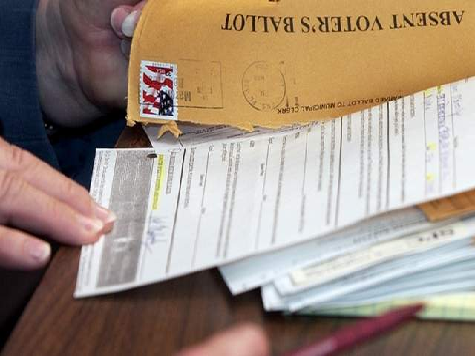Only 6,057 votes are yet to be counted from California’s June 3, 2014 primary election, and the margin between second and third in the Controller’s race remains razor thin. Now the question has been raised whether a recount is imminent.
First place is already secured by Republican Ashley Swearengin, who will be going forward to face either former California State Assembly Speaker John Perez, a Democrat, or State Board of Equalization member Betty Yee, also a Democrat, who have been jockeying for second for some time now. In the initial days after the election, Republican David Evans also spent time in second, but later fell behind.
Lake County still has 6,053 ballots left to count, and San Mateo County has four as of 2:45 p.m. on June 25. Of the 6,053, 5,263 are vote-by-mail, 743 are provisional and 47 are marked ‘other.’ Interestingly, Lake County has so far registered 26% for Perez and 18.6% for Yee. Even if the remaining votes distribute according to this percentage, Yee will remain in the lead and face Swearengin in the November general election.
Should either candidate call for a recount, a possibility that is very likely given the extremely close results, the cost will likely be high in not only dollars, but time. Even with a recount, a court case surrounding the results could follow. The Sacramento Bee reported further details on the specific costs relating to a recount. In particular, a hand recount in Los Angeles County alone could cost $1 million.
An article by CalNewsroom.com points to one possible factor in the close results between Perez and Yee. San Francisco heavily favored Yee, who has been a representative on the State Board of Equalization for the region over the last eight years. The article points out that Yee was favored over Perez in the area by 18 points. The day of the election, San Francisco’s unionized Muni operators organized a sickout that left commuters waiting hours for transit. The suggestion is that some voters may have stayed home and chosen not to vote due to the long transit delays.
The CalNewsroom.com article notes the reason for the sickout: “The Transport Workers Union of America, Local 250-A, is dissatisfied with the MTA’s offer of $32 an hour minimum base pay because it would come with increased pension contributions from workers.”

COMMENTS
Please let us know if you're having issues with commenting.